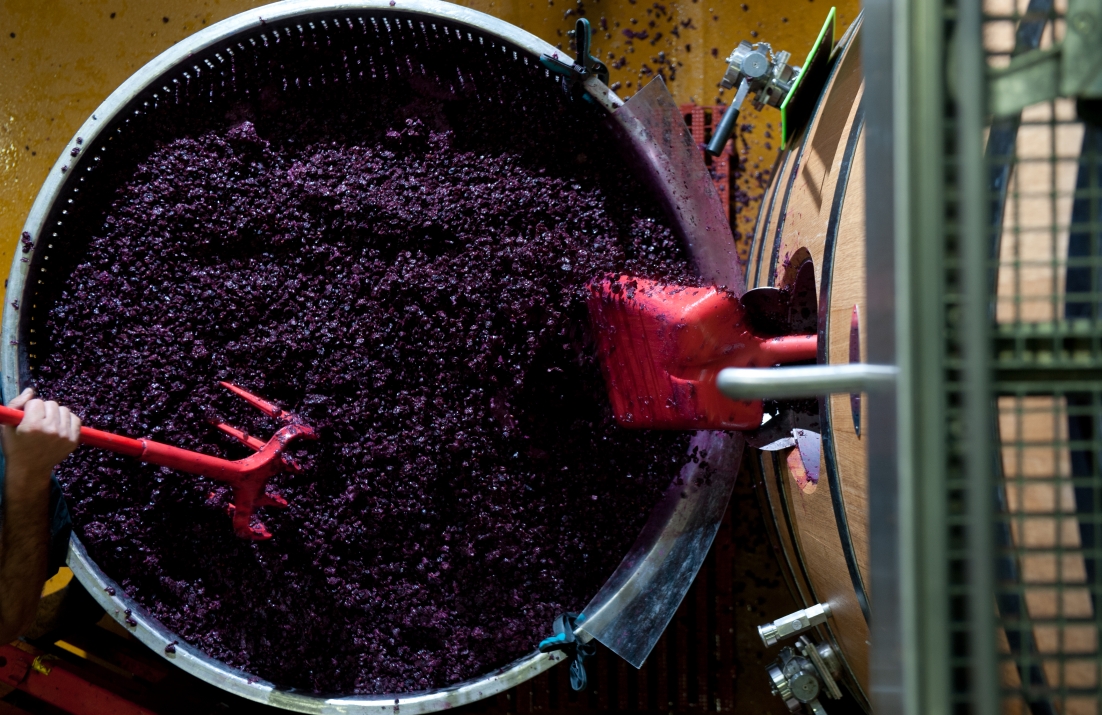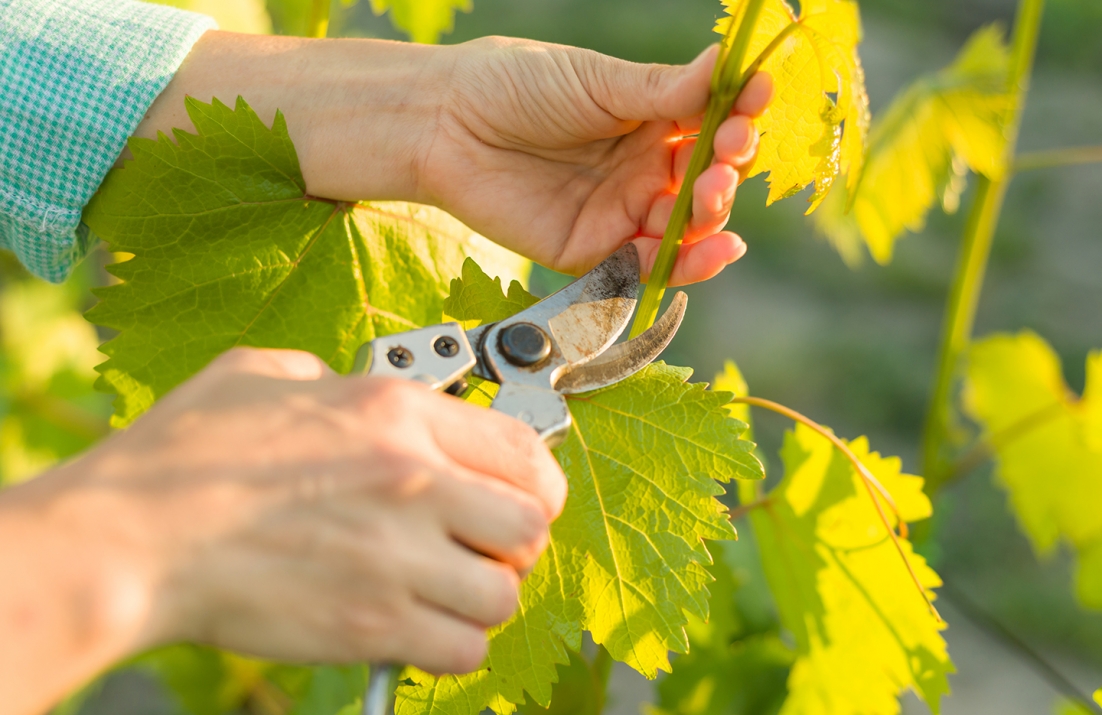Wines with a conscience



As consumer demand grows for wines aligned to a more responsible philosophy, we have been scouring the wine-producing world to ensure we have a wide range available.
Where 20 years ago ‘organic’ was seen as a niche category, there is now a thriving and ever-expanding array of categories catering for those who want to know more about the provenance and elaboration of their wine. However, with this multitude of terminologies comes confusion, so here is our guide to the main terms you may hear regarding responsible and accountable winemaking.
Organic
Wine produced according to organic standards from grapes grown by organic viticulture. Detailed guidelines do vary from country to country but wines usually have 25-35% lower sulphur levels than ‘conventional’ wines. Organic wines may or may not be suitable for vegans or vegetarians (see notes below). Organic wines made in the EU can use the EU organic logo (stars in the shape of a leaf).
Biodynamic
Production could be described as an extreme version of organic viticulture. Based on the agricultural theories of Austrian philosopher Rudolf Steiner in the 1920s, it sees three key additions to organic practices:
- The vineyard has to be a self-sustaining ‘farm organism’
- Biodynamic ‘preparations’ containing herbs and minerals are used to treat the vineyard
- Key tasks such as pruning, ploughing, picking and bottling are timed to harness beneficial ‘formative forces’ such as the phases of the moon
Vegetarian and Vegan wines
Attention is mainly focussed around the use of animal or dairy derived products in the fining and stabilising of wine prior to bottling. Gelatine and isinglass (another type of collagen) for example are not acceptable to vegetarians or vegans while the latter group would also rule out casein (a milk derived protein) and albumen (egg white). Bentonite clay is suitable for all however. Labels in many jurisdictions including the EU must indicate when allergen products have been used in the production of wine but it is best to check with us if you need full details.
Low-sulphur/no added sulphur
Since sulphur is a natural by-product of fermentation, all wines contain sulphites and it is now a legal labelling requirement to indicate when more than 10mg/l are present. Sulphur dioxide is an antioxidant which has been used since classical times in the preparation of many foods such as dried fruits for example. Some people are sensitive to an excess though, and many winemakers have cut down on the amounts used. The EU has set minimal limits and organic wines have stricter criteria still. ‘Natural wine’, whilst lacking a legal definition are produced with as few additives as possible so generally have very little or no added SO2.
Sustainability
Sustainability is, by definition, a holistic approach which embraces business and social elements in order to meet the ‘triple bottom line’ – social, environmental and economic. Sustainably produced wines therefore can include elements of organic and biodynamic production but must also include social elements while remaining financially viable. Producers will often employ environmental economics to help achieve this such as recycling, carbon neutrality and alternative energy sources. One of the world’s leading proponents of this approach in the wine industry is Backsberg, our supplier from Paarl in South Africa.
